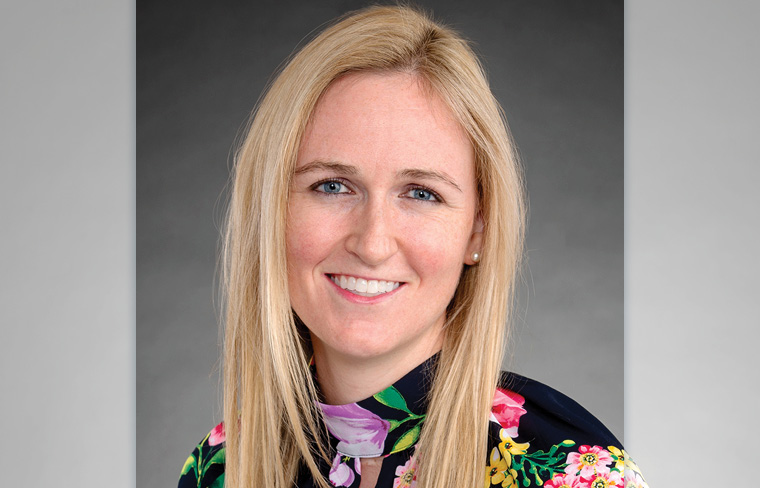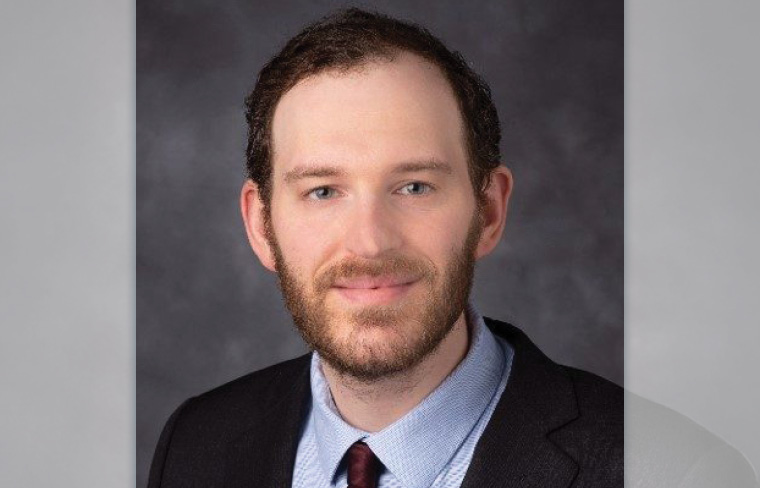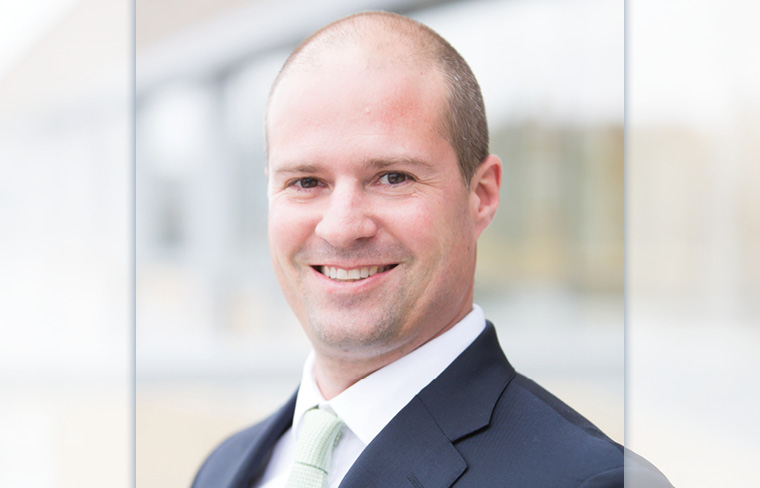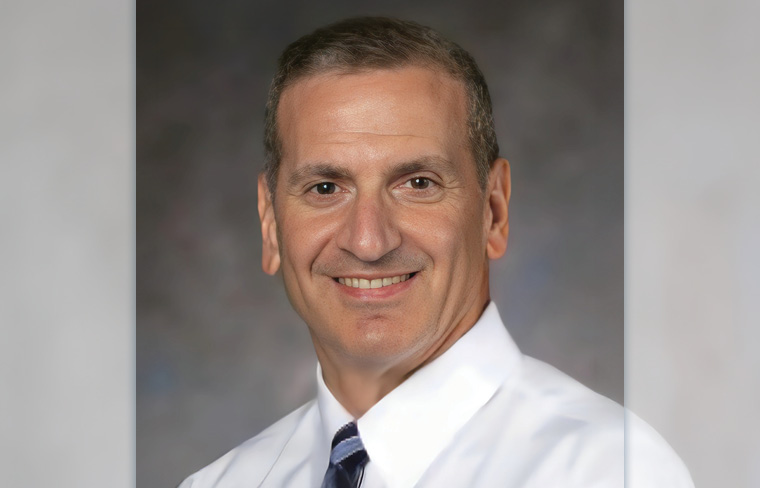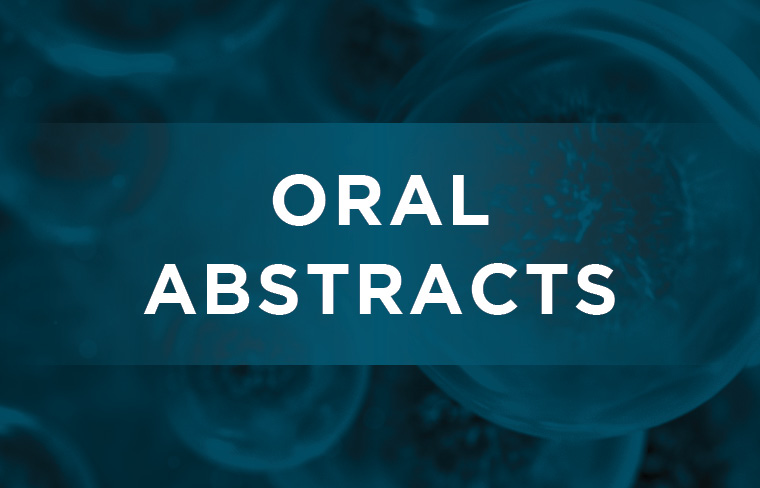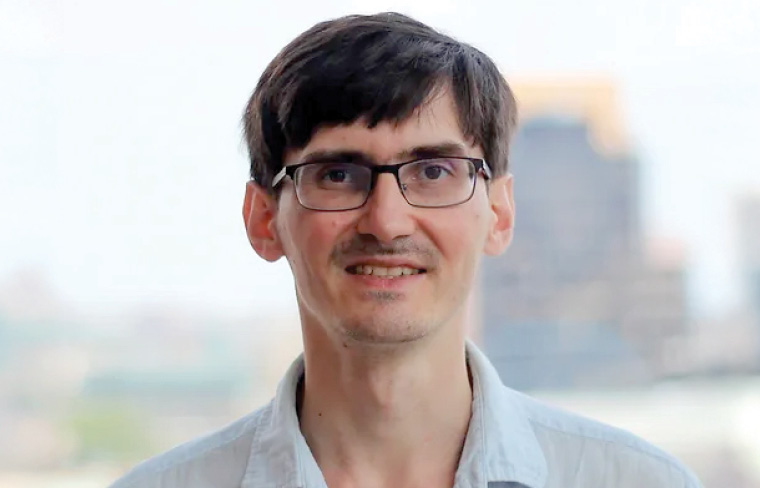-
Best Abstracts session highlights cutting-edge science and clinical advances
-
Plenary session tracks the leading edge of cellular therapy in solid tumors and autoimmune disease
-
Robert S. Negrin, MD | ASTCT Lifetime Achievement Award
-
Joint plenary session marks successes and challenges of cell therapy landscape

Tandem Meetings News
-
Experts to detail how epigenetic engineering can improve T-cell therapy
This session on the manipulation of T-cell signaling includes fundamental discoveries and cutting-edge clinical advances, says Caitlin Zebley, MD, PhD.
-
Statisticians to discuss causal inferences with real-world data
Causal inference techniques are becoming increasingly important as researchers make use of large registry databases, explains Kwang Woo Ahn, PhD.
-
Plenary highlights the benefits and challenges of international clinical trials
Experts outline the nuanced dynamics of international research, including the role of health technology assessment and real-world evidence in decision-making, in an opening-day plenary.
-
Linking clinical data and biospecimens drives translational research
Experts including Jill Hollenbach, PhD, MPH, detailed new developments in clinically impactful translational research.
-
Session explores proactive financial navigation to address clinical trial barriers
Warren Fingrut, MD, outlined a project to evaluate proactive financial navigation for patients with aplastic anemia.
-
Panel will examine considerations of age in identifying optimal donors
Stephen Spellman, MBS, previews this session on recent age-focused research that has the potential to guide future studies and decisions in characterizing the optimal suitability of donors.
-
ACCESS Initiative will review its work targeting barriers to care and outcomes
Jeffery J. Auletta, MD, explains what to expect when members of the ASTCT® and NMDP℠ ACCESS Initiative discuss their work to identify and dismantle access and outcome barriers to HCT and cellular therapy.
-
Oral abstract session to highlight novel GVHD strategies
The four oral abstract sessions on the agenda for Feb.13 are among more than a dozen oral abstract sessions included in this year’s program.
-
Pediatric plenary to explore stem cell transplant in youngest patients
The pediatric plenary will focus on reducing the toxicity of conditioning regimens and transplant in general without compromising overall survival and event-free survival, said Session Chair Miki Nishitani, MD.
-
Experts to illuminate possible pathways for effective treatment of refractory acute GVHD
Three experts will discuss the underlying mechanisms of refractory acute graft-versus-host disease that may guide the design of future clinical trials. Victor Tkachev, PhD, shares what to expect.
 Follow ASTCT®
Follow ASTCT®
